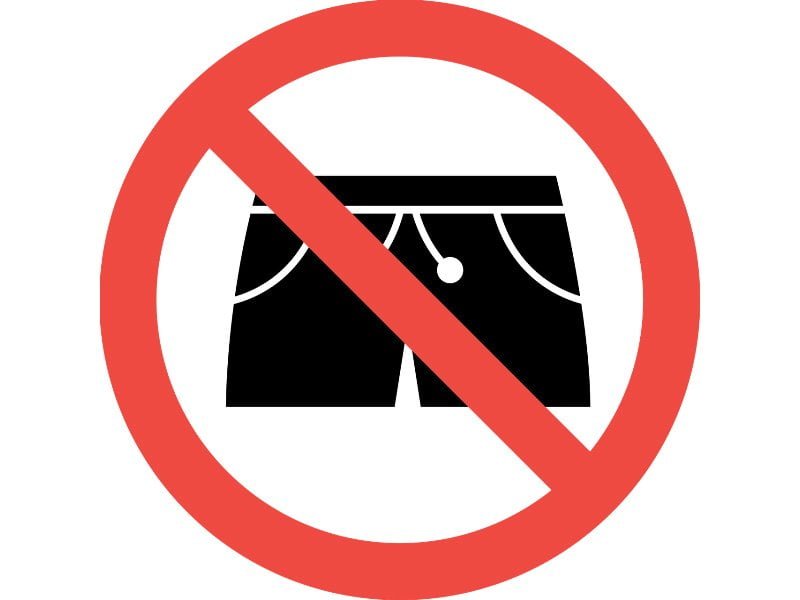Employers can determine rules on clothing and appearance in company regulations. What do employers have to keep in mind when setting such rules?

Employers may determine rules regarding the clothing and appearance of employees. However, this authority is not unlimited as can be seen from two recent rulings of the Court of Justice.
The first ruling held that a security company can order its personnel to wear neutral clothing and thus can prohibit clothing associated with religion, such as a headscarf. However, the second ruling held that a secondment agency for IT professionals was not allowed to dismiss an employee who did not comply with the request of a client not to wear a headscarf anymore. What do employers have to keep in mind when setting dress codes for their personnel?
The employer can only hold the employees to comply with the rules if these rules are known to the employees. You can ensure this by including a dress code and grooming standards in company regulations. It is important that these company regulations will then be actually enforced with regard to all employees they apply to.
It is not permitted to violate in a regulation the right to equal treatment, one of the most important fundamental rights. A ban on all expressions of faith (headscarf, cross, skullcap) therefore is forbidden discrimination.
A neutral provision can also discriminate against employees of a certain faith or gender. For instance, the requirement of a receptionist to wear high heels regards women only. Such indirect discrimination is only permitted if the employer has a good reason for the rule and this rule is appropriate and necessary to meet this goal.
In brief, a ban on headscarves is therefore not allowed, the obligation to wear neutral clothes may well be allowed.
It is important for employers to have good reason for rules. Safety, hygiene, but also the requirement for conformity and representativity can be good reasons. If the reasons of the employer are good enough, depends, among other things, on the following:
Setting a dress code to comply with the requirements of a client can be good reason only if the requirements of the client are based on a legitimate goal, which biases by the client or his employees are obviously not.
In a ruling from 2021, the European Court of Justice raised the bar. A ban on wearing political, philosophical and religious statements is only permitted in exceptional cases. Such a policy of neutrality has to meet three requirements:
If the employer sets rules that restrict the rights of the employees, the employer can be expected to offer the employees, if possible, an alternative to the regulation, for instance, a position with less or no face-to-face client contact. However, the employee can also be expected to comply with reasonable requests by the employer, such as to wear clothes that cover tattoos or to remove piercings.
If a company has a works council, company regulations and changes to them cannot be introduced without permission by the works council.
Would you like to draft a dress code or grooming standards for your employees? Or would you like to learn more about company regulations? Please contact us:
Losing your job due to redundancy is a bitter experience, especially when you are an expat and may also lose your work permit or residency rights. Which points should you take into account when facing redundancy?
The start of a new year brings not only new resolutions and crowded gyms but also important changes in laws and regulations. This year is no exception, with several significant amendments to employment law that took effect on 1 January 2025. Here, we outline the key points to watch out for as an employer or employee.
The holiday season is approaching, a time of joy and days off for many. However, not everyone finds these holidays equally meaningful.
On Monday 4 November 2024, Russell Advocaten Russell Advocaten will host a seminar on Dutch labour law for diplomats, consular agents, and administrative staff from Embassies and Consulates in collaboration with Diplomat Magazine.
On Wednesday 2 October 2024, Jan Dop will be one of the members of the panel that will present timely labor and employment law issues to Primerus clients.
On Tuesday 24 September 2024, Reinier Russell and Jan Dop will speak at the Technical Meeting of PAiE, the organisation of professional accountants in Europe.